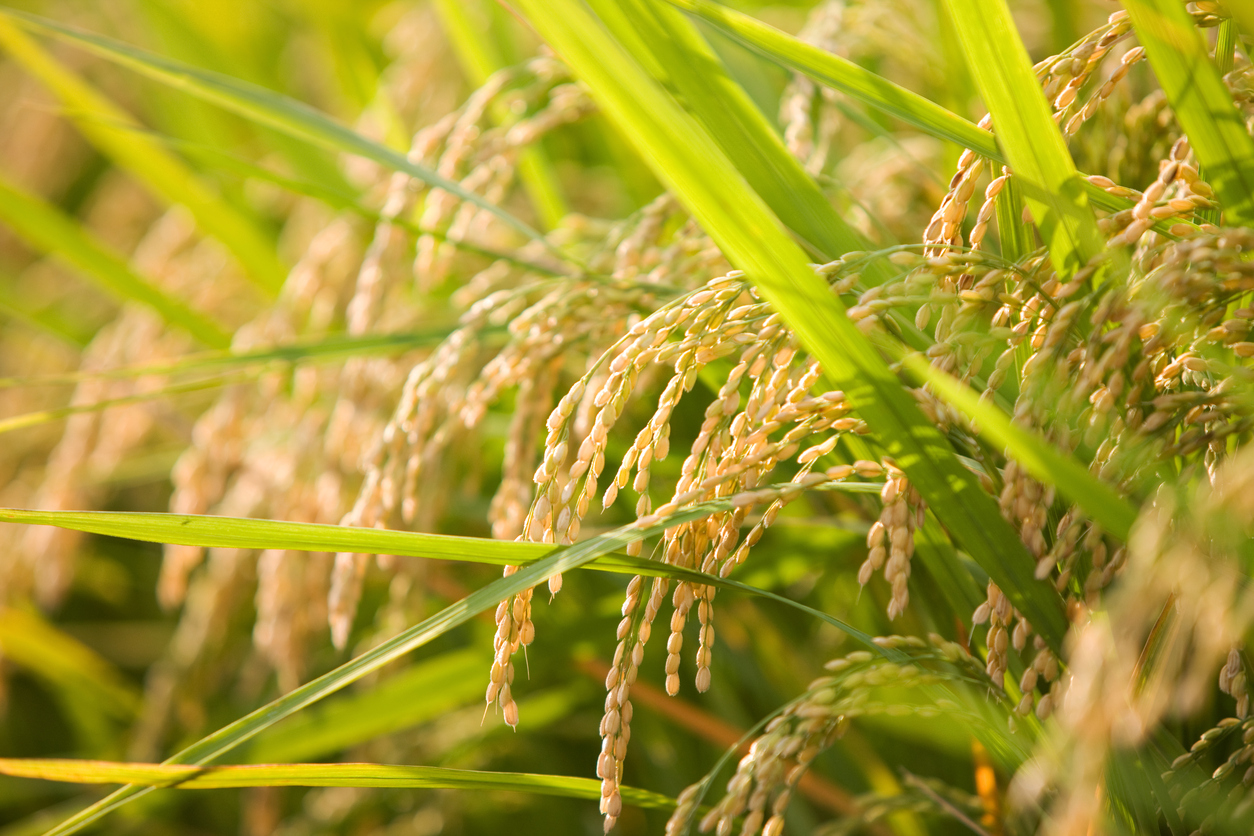
Safety Assessment of GM Crops Completed in Korea
September 25, 2019| |
The objective of risk assessment is to identify and evaluate the potential risk and adverse effects to confirm food and environment safety of genetically modified organisms (GMO). Based on OECD and FAO/WHO guidelines, the safety assessment of GM plants follows a comparative approach in the concept of substantial equivalence.
In South Korea, the research teams involved in National Center for GM Crops (NCGC) program conducted safety assessments for 10 GM crops (events) over the last seven years from 2011 in accordance with the above guidelines. The GM crops are drought tolerant rice, insect resistant rice, resveratrol-enriched rice, rice stem cell containing high resveratrol, virus resistant pepper, three soybean plants producing functional proteins for cosmetic materials, and two herbicide tolerant grasses.
Among them, the herbicide tolerant grass with male sterility developed by a research team in Jeju National University is currently reviewing its safety by a safety regulatory agency in Korea whether to approve the use of it for commercial purposes. Rice stem cell containing high resveratrol developed by a domestic bio-company was approved in January 2018 for the production of resveratrol as an industrial material only in isolation facilities.
These high-value GM crops are expected to benefit both producers and consumers by increasing the consumption of crops and contributing to improving human health.
Read more information from Plant Breeding and Biotechnology journal.
| |
You might also like:
- South Korea Develops GM Crops for Future Use
- GM Crop Events approved in South Korea
- Scientists Investigate Metabolic Changes in Genetic Modification of Resveratrol-enriched Rice
Biotech Updates is a weekly newsletter of ISAAA, a not-for-profit organization. It is distributed for free to over 22,000 subscribers worldwide to inform them about the key developments in biosciences, especially in biotechnology. Your support will help us in our mission to feed the world with knowledge. You can help by donating as little as $10.
-
See more articles:
-
News from Around the World
- Nigeria Stresses Importance of Biotechnology for Food Security
- Study Opens Door to Flood Resistant Crops
- Scientists Discover Way to Make Crops Grow in Salty Soils
- Adoption of GE Corn, Cotton, and Soybeans in the U.S. Close to Saturation, USDA-ERS Reports
- Biologists Identify Six Genes in Maize Responsible for Production of Plant Antibiotics
- Safety Assessment of GM Crops Completed in Korea
- Bt Brinjal Technology Boosts Yield, Reduces Pesticides in Bangladesh, IFPRI Reports
- Most Complete Potato Genome Sequence Published
-
Research Highlights
- Analysis of Expression Profiles of Nuclear Factor-Y Genes in Cassava
- Hydrophobic Forces, Not H-Bonds, Bind DNA Together
-
Plant
- Engineering Broad-Spectrum Bacterial Blight Resistance in Rice Using CRISPR-Cas9
- Scientists Use CRISPR to Develop Apples Resistant to Fire Blight
-
Read the latest: - Biotech Updates (January 21, 2026)
- Gene Editing Supplement (January 28, 2026)
- Gene Drive Supplement (February 22, 2023)
-
Subscribe to BU: - Share
- Tweet

